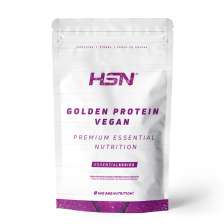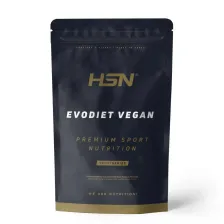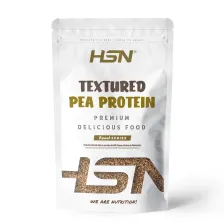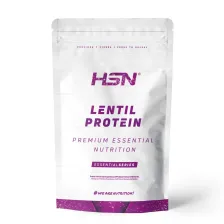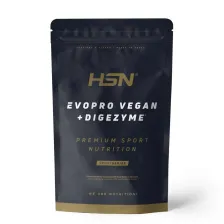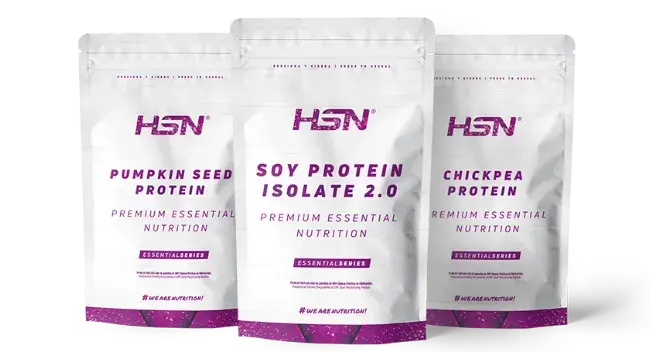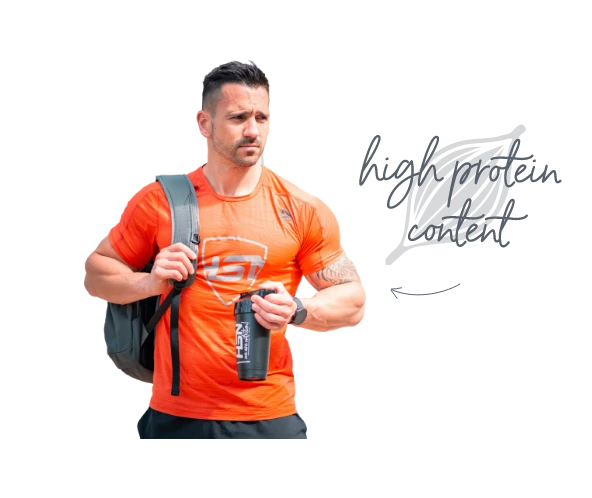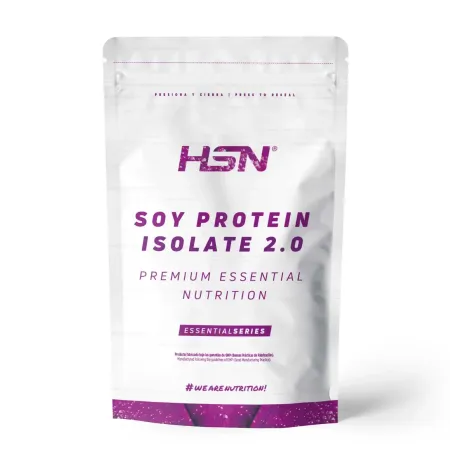Buy our plant-based protein powders for muscle mass maintenance. You can find them in our catalogue from various sources such as soy, rice, hemp, pea, etc.
-
-
HSN -
-
-
-
Sport SeriesEVODIET VEGAN
Evodiet Vegan is a plant-based protein designed for cutting phases and weight management. Made with soy isolate, inulin, and glucomannan, it provides complete protein and a high fiber content. Low in sugars and fat. Perfect to take before meals to benefit from the satiating effect of glucomannan*. Its flavor, texture, and compatibility with all kinds of nutritional approaches make taking care of yourself easier than ever. *Glucomannan helps with weight loss when following a low-calorie diet.1
-
-
-
-
-
-
 EN - EUR
EN - EUR Albania
Albania  Austria
Austria  Belgique
Belgique  Bosnia and Herzegovina
Bosnia and Herzegovina  Bulgaria
Bulgaria  Canadá
Canadá  Chile
Chile  Chipre
Chipre  Corea (la República de)
Corea (la República de)  Croacia
Croacia  Czechia
Czechia  Denmark
Denmark  Deutschland
Deutschland  Eslovaquia
Eslovaquia  Eslovenia
Eslovenia  Estonia
Estonia  Finland
Finland  France
France  Greece
Greece  Hungary
Hungary  Iceland
Iceland  Ireland
Ireland  Islas Feroe
Islas Feroe  Italia
Italia  Japan
Japan  Latvia
Latvia  Lithuania
Lithuania  Luxembourg
Luxembourg  Macedonia
Macedonia  Malta
Malta  Marruecos
Marruecos  Mónaco
Mónaco  Montenegro
Montenegro  Netherlands
Netherlands  Noruega
Noruega  Poland
Poland  Portugal
Portugal  Romania
Romania  Schweiz
Schweiz  Serbia
Serbia  South Africa
South Africa  Suecia
Suecia 

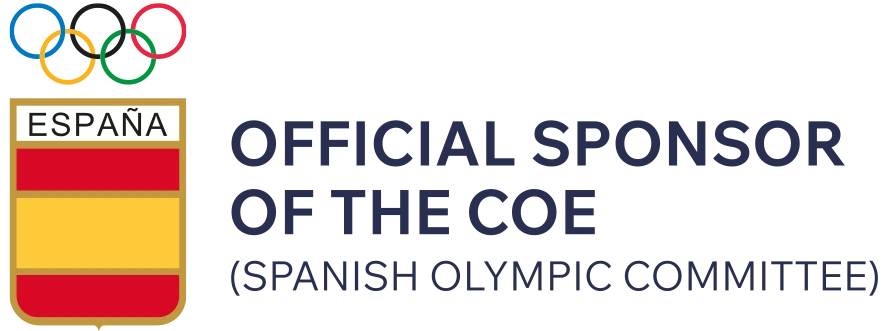


 |
Clearance options:
Single Serving (30g): Chocolate, Strawberry, Salted Caramel, No Flavour, Apple Strudel
|
Clearance options:
Single Serving (30g): Chocolate, Strawberry, Salted Caramel, No Flavour, Apple Strudel 

